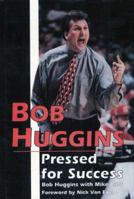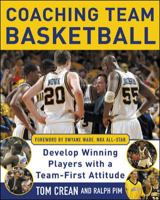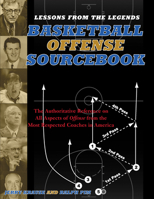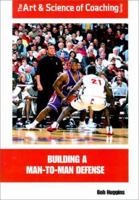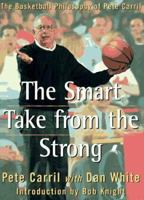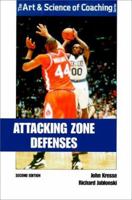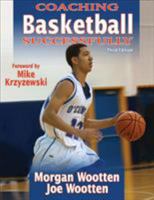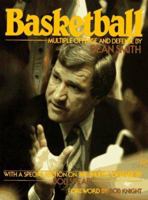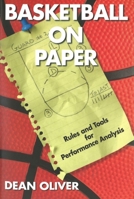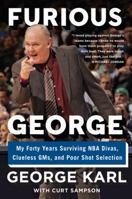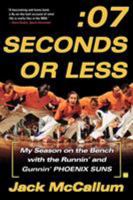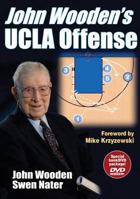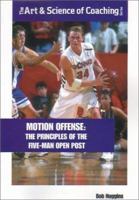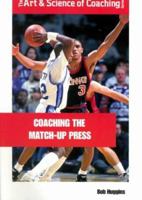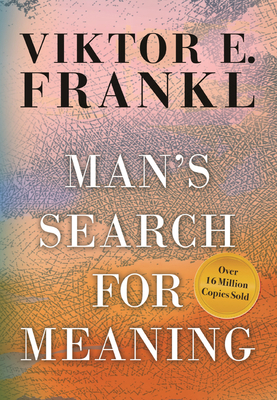Set Plays to Score
Select Format
Select Condition 
Book Overview
An invaluable collection of set plays out of a 2-1-2 set that are designed to take advantage of each player's unique capabilities.
Format:Paperback
Language:English
ISBN:0679728570
ISBN13:9780679728573
Release Date:August 1990
Publisher:Vintage Books USA
Length:167 Pages
Weight:0.40 lbs.
Dimensions:0.4" x 5.2" x 8.0"
Related Subjects
Contemporary Erotica Fantasy Fiction Literature & Fiction Science Fiction & FantasyYou Might Also Enjoy
Customer Reviews
5 customer ratings | 5 reviews
There are currently no reviews. Be the first to review this work.













